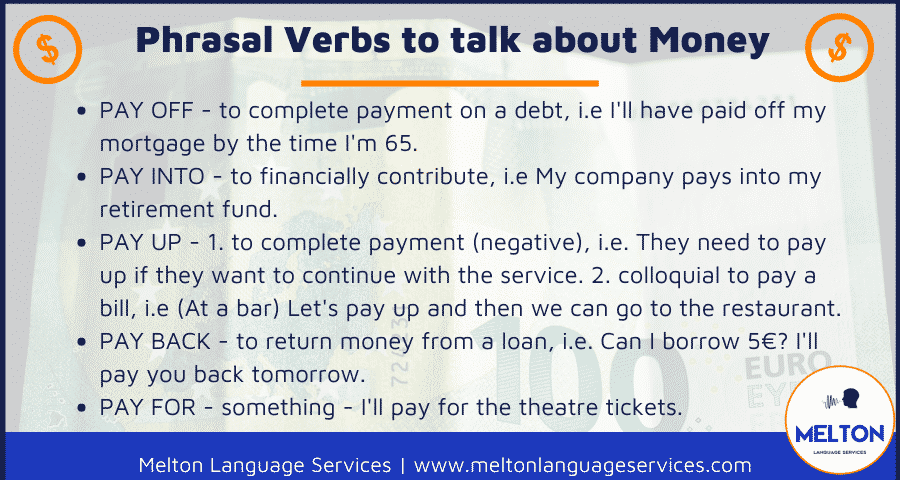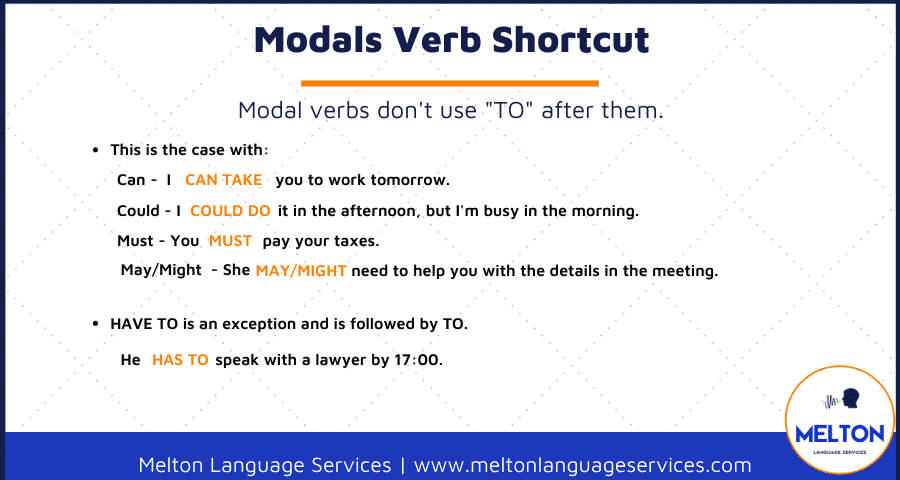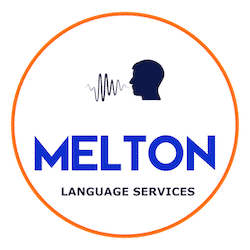20 Tips On How To Learn English
There are several ways to improve your level of English. Here we’ve given you 20 tips on how to take your English to the next level. By implementing some (or ALL if you’re an overachiever!) of these suggestions, we can guarantee you’ll see an improvement. Before reading our advice on how to learn English, make sure to ask yourself the questions below.
Analyze what you’ve done previously when you noticed a jump in your English level.
- What did you do?
- What worked?
- What didn’t work? Why didn’t it work?
- Read through our tips and decide which ones are good for you!
20 Ways to Improve Your English Level

Understand register
Not all language is the same. There is a difference between colloquial language and formal language. Talking to your friends about the last Tarantino movie in a bar on the beach is very different to discussing Nuclear Physics at a conference.

When watching TV
It’s ok to use English subtitles when you listen, but don’t use Spanish ones. We always use our strongest skill. So if your brain has the choice between reading in Spanish or listening in English, what do you think it will do?

Context first!
Always try and listen for context first, don’t get bogged down in details. They will come later.

BREATHE
Breathe before you speak. Not only will this give you intonation, it allows you to think and not rush. Remember – fluency isn’t only based on how quickly you say something.

Review, review, review
Not many people have a photographic memory. The average person needs to see or use vocabulary various times before it enters into their long-term memory. Seeing a word once doesn’t mean it is learnt!!!

Watch appropriate films/TV
Choose the films or TV series you watch very carefully. A native speaker has problems understanding Peak Blinders or the Wire, whereas Downton Abbey will have you speaking like the Queen of England. Series like Friends, or films like Four Weddings and a Funeral are perfect as they use the kind of everyday English we use everyday. Check out our listening resources here!

LISTEN
Listen to what the other person is saying, don’t just think about what you are going to say. It also makes you a much better conversationalist.

Be realistic
You should expect to make mistakes. Even people living in an English-speaking country for years still make mistakes. Don’t allow the desire for perfection to stop you speaking, give it a go.

Don’t be afraid of phrasal verbs
Yes, they are hard, but we all use them. Learn a few a day. Choose a thematic area, for example money, and a main verb, for example pay, and learn them in blocks, like the example with MONEY below.

Listen actively and sensibly
Don’t just sit in front of the tv for hours, barely keeping your eyes open, trying to understand everything. It’s much better to watch/listen in short bursts when your brain is more active.


Listen to different accents
You will always come across different accents, it is no use only understanding people from the south of England. You will have contact with all sorts of accents, from many different countries. The only way to prepare for this is to practice listening to them.

Context, then structure
Learn grammar first by context, not by structure. The context will always exist in your own language Then once you have understood when you should use the grammar, learn the structure.

Record yourself
Record yourself speaking English. It’s very difficult to judge your pronunciation in the moment you’re speaking. Give yourself a topic and speak for one minute on that topic. Now, listen back to it. Which words did you have difficulty with? Practice those words and then record yourself again.

Find your motivation
Why do you need English and what will it give you? Is it for work, pleasure, to travel, watch films? Think of the positives you will get when you reach your goal.

Use technology
There are so many opportunities online to practice nowadays. You can take a look at our list of listening resources or jump over to our Pinterest boards, where there are many articles and videos curated for students and divided into subjects. You don’t know how to pronounce that word? A quick Google search will give you a video on how to pronounce it. Can you imagine how much this would reinforce your language classes? Get in touch with us to help plan your English learning.

READ
Read as much as you can. This is great not only for vocabulary, but also for reinforcing grammar structures. Be careful though, as with films, choose your book carefully. Charles Dickens, whilst a fantastic writer, probably doesn’t use the vocabulary you need or are looking for. Look for contemporary novels, articles, websites. Choose subjects that interest you.

Patterns
Look for grammar patterns. For example, modal verbs don’t use TO after, except for HAVE TO. These are good short cuts, as you don’t have to learn the rule every time you see a modal auxiliary.

Join
Join an online group, book club etc. You can write to each other, practice, share experiences. Set joint goals. Think about losing weight! It is much easier to do with a friend or partner to help and encourage you.


Be honest with yourself
In order to move forward, you need to know where you are now. Language is not a case of fake it until you make it. There are so many factors that need to be considered when discussing someone’s level. You may have a certificate that says you are advanced but how long ago did you take the exam? Think about language as mastering skills. Are you struggling with irregular verbs when you try to speak in the past? Study them.

Accountability
This brings us to accountability. You and your teacher are a team. They want you to succeed. They love it when you come back from an international meeting smiling because you are proud of yourself. It motivates them to help you do better. It’s teamwork. Are you holding yourself accountable? Do you do your homework? You need to dedicate time to that. Don’t watch a video or read an article 10 minutes before class. Have you reviewed your corrections? Remember everyone has to show up and do their part.
Contact Us About Your Language Training Needs
About
At Melton Language Services, we provide professional English training to ministries and companies that need fast results with specific needs. Our dynamic methodology gives companies the tools they need to ensure their employees have the professional skills they need to be effective. Individual or group, private or public sector. We provide the service you need and deserve.


0 Comments